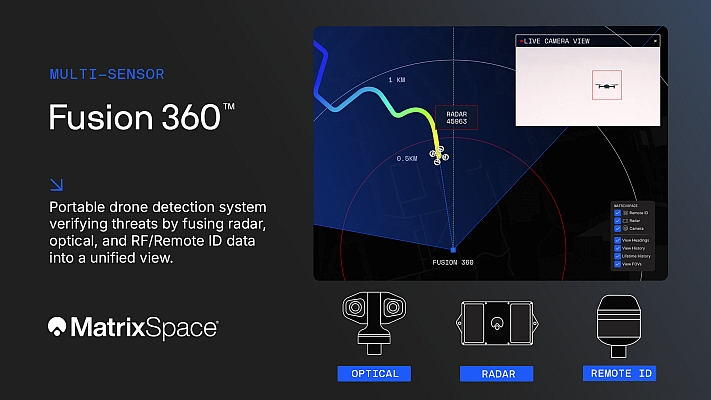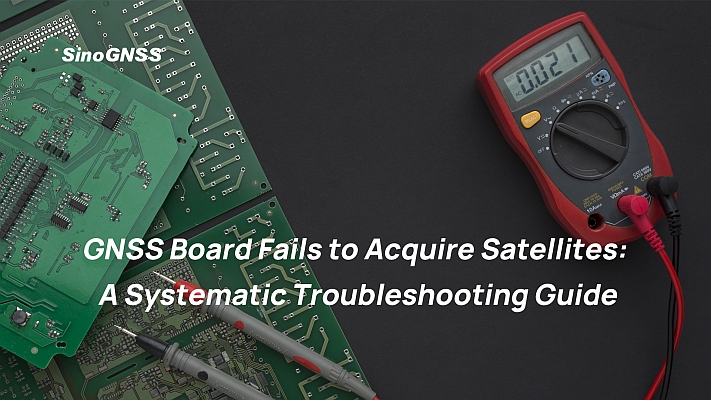PCI Geomatics, a world-leading developer of geo-imaging software and systems, is pleased to announce it is collaborating with MDA Geospatial Services Inc., to implement operational software tools for ArcGIS using RADARSAT-2 demonstration data. PCI introduced GeoImaging Tools for ArcGIS in 2010, and is currently developing a Radar module, which will allow ArcGIS users to perform coherent change detection, time series analysis, image classification, and feature extraction using RADARSAT-2 Synthetic Aperture Radar (SAR) data as well as other commercially available SAR imagery.
PCI Geomatics has had a long and fruitful relationship with MDA Geospatial Services Inc., stretching back to the initial launch of RADARSAT-1 in 1995. At that time, PCI was first to implement CEOS support in addition to image filtering and registration capability. The technology developed by PCI Geomatics made it possible for the international community working with RADARSAT-1 data to analyze the imagery, and develop operational applications. PCI Geomatics added support for the next-generation RADARSAT-2 satellite in 2005 with the release of its SAR Polarimetric Toolkit (SPW), two years ahead of the RADARSAT-2 December 2007 launch. Through its business partnership with ESRI, PCI Geomatics is excited to further develop the SAR user base, by introducing simple to use yet powerful analysis tools for SAR data to millions of ArcGIS users worldwide.
RADARSAT-2 is an all-weather day/night commercial satellite that has a Synthetic Aperture Radar (SAR) instrument, capable of taking images at multiple resolutions ranging from 100m to 1m. In addition, RADARSAT-2 can collect simultaneous multi-channel imagery with differing polarization (fully polarimetric), providing a greater ability to discriminate and classify features on the ground from a single date. MDA Geospatial Services Inc. is a leading provider of Earth observation data, information products and services, and the exclusive holder of distribution rights to Canada’s RADARSAT-1 and RADARSAT-2 Synthetic Aperture Radar (SAR) satellites. The Canadian Space Agency partnered with MDA to develop RADARSAT-2, which is now managed and operated by MDA.
“SAR has tremendous potential for delivering unique information and complementing optical data collections”, said David Stanley, PCI’s Chief Technology Officer. “Our key objective is to develop powerful, simple-to-use tools that can be integrated into GIS workflows, enabling the next generation operational application development of SAR imagery through a well-established and broad user base. RADARSAT-2 imagery will be used to develop compelling application examples for GIS users to adopt SAR imagery into their everyday operations”.
William Jefferies, Chief Technical Officer of MDA Geospatial Services said, “PCI has a long history of supporting RADARSAT and other SAR missions with advanced image analysis capabilities. Current and future users, however, demand going beyond the generation of image products alone, as multi-source imagery and derived products are fused with other data sources and presented in a form that is easily integrated with established operations. By linking proven radar image analysis technology to universal GIS data exploitation and dissemination, a new and unprecedented level of utility will be established.”
Multi-temporal fully polarimetric RADARSAT-2 data has been collected over key locations in Europe, the US, and Canada that will be used to develop operational demonstrations of SAR data. PCI will prepare a series of demonstrations and educate the international community through a series of webinars and live demonstrations at tradeshows and events together with ESRI in 2011 and beyond.
Follow us on Twitter.







